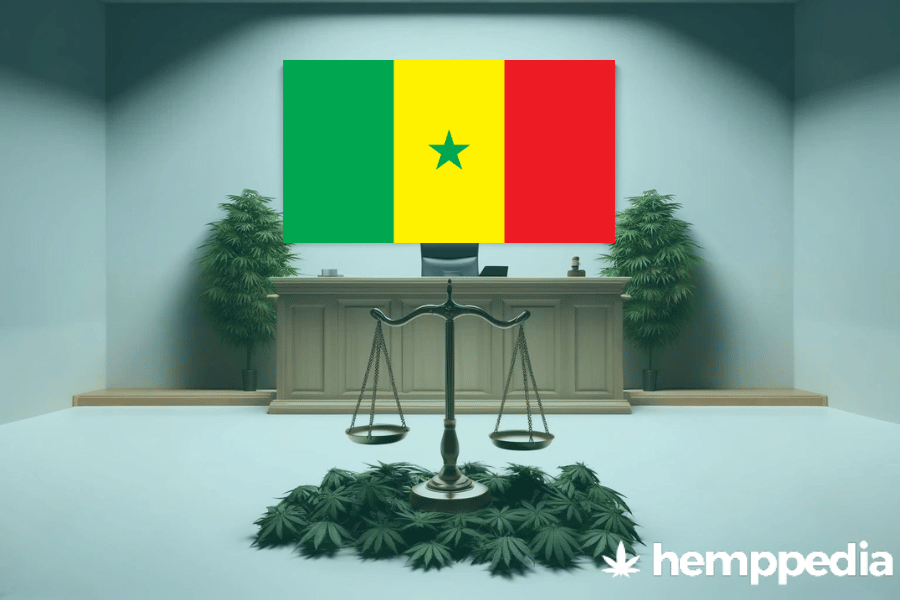Is Cannabis Legal in Senegal?
TL;DR:
| Recreational Use | Medical Use | |
|---|---|---|
| THC | No | Under Study |
| CBD | No | Under Study |
Introduction
With an increasing global trends towards the legalization or decriminalization of cannabis in many countries, it is crucial to understand the specifics of cannabis legislation in various countries, including Senegal. Keeping up with the rapidly changing laws is essential for policy makers, medical professionals, consumers and stakeholders in the cannabis industry.
Overview of Cannabis Legislation
There’s a wide variation in cannabis laws worldwide. Legalization refers to the removal of all state-level criminal and civil penalties for certain conduct, in this case, the use, possession, distribution, and cultivation of cannabis. In contrast, decriminalization means that certain acts are no longer treated as criminal, but may still be subject to civil penalties. Medical use refers to the use of cannabis to treat specific health conditions, whereas recreational use refers to the consumption of cannabis for pleasure.
State-Specific Legal Details
Legal Status
In Senegal, both recreational and medical use of cannabis is currently illegal, but potential medicinal properties of THC and CBD are under study.
Historical Context
The prohibition of cannabis in Senegal dates back to the French colonial era when it was classified as a narcotic.
Possession and Use
Senegal’s current laws are strict – possession, use, cultivation and distribution of cannabis is illegal.
Cultivation and Distribution
Cultivating cannabis in Senegal, whether for personal or commercial use, is illegal.
Enforcement and Penalties
The penalties for violating cannabis laws in Senegal can include imprisonment and hefty fines.
Medical Cannabis
At present, there are no legal provisions for medical cannabis in Senegal.
Social and Economic Impact
There is currently limited research regarding the social and economic impacts of cannabis legalization/decriminalization in Senegal. However, some experts argue that the legal cannabis industry could create jobs and generate tax revenue.
Comparative Analysis
While many nearby countries continue to enact strict anti-cannabis laws, some African nations have begun moving toward decriminalization and legal medical use.
Future Outlook and Ongoing Debates
Several regional and global movements are advocating for change in these restrictive laws, sparking debate in Senegal about potential reform. Many watch the progress of these debates with interest, as it could dictate the future legality and use of cannabis in the country.
Conclusion
Though Senegal’s laws regarding cannabis are currently restrictive, the worldwide trend toward legalization and decriminalization could potentially influence future policy changes in the country. Notably, as knowledge about cannabis’ potential medical uses grows, the ban on its usage could face revision. Society waits in anticipation as potential legislative changes can bring about a significant shift in Senegal’s stance on cannabis.





